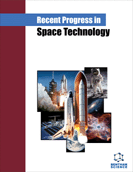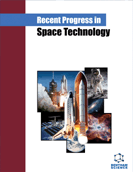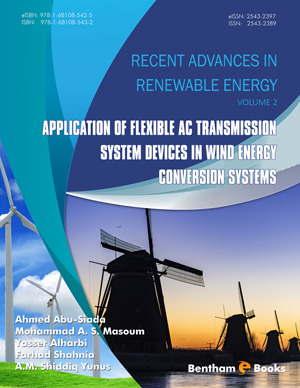Abstract
In the last two decades, nanomaterials with enhanced active sites and better
surface kinetics as compared to their bulk counterpart, have been significantly studied
for supercapacitor electrode materials. Contemporarily, Metal-organic frameworks
(MOFs) by virtue of versatile structure, charge conduction, high porosity, and redoxactive functionality have also emerged as the most potential materials for nextgeneration energy storage technologies. Despite these excellent features, the bulk phase
inorganic-MOFs have some chemical and physical limitations that hinder cell
performance and thus novel materials are required. Recently, MOFs-based
nanomaterials(nMOF) got due attention leading to the discovery of a variety of
properties not observed or relevant in bulk systems, such as well-defined 3D structures,
permanent porosity, and accelerated adsorption/desorption kinetics. That's why nMOFs
are considered an emerging class of modular nanomaterials. However, understanding
of nMOFs is still in its infancy, film uniformity along with the unstable structure in a
highly corrosive electrolyte is still a bottleneck problem. In this chapter, the recent
developments of pristine MOF and MOF-derived porous nanocomposites for the nextgeneration supercapacitor applications will be discussed.


















